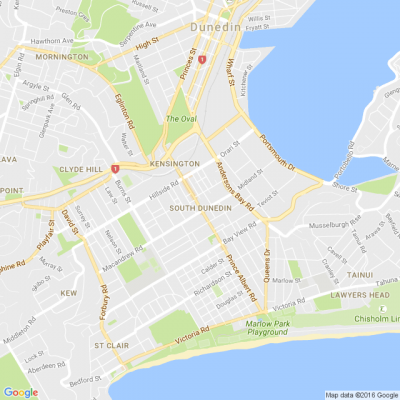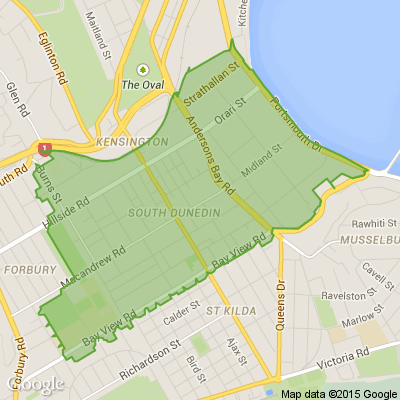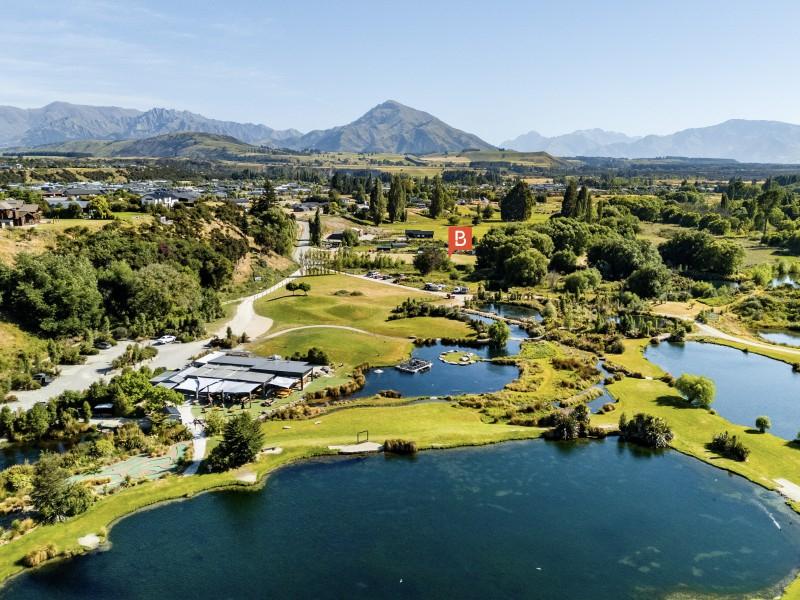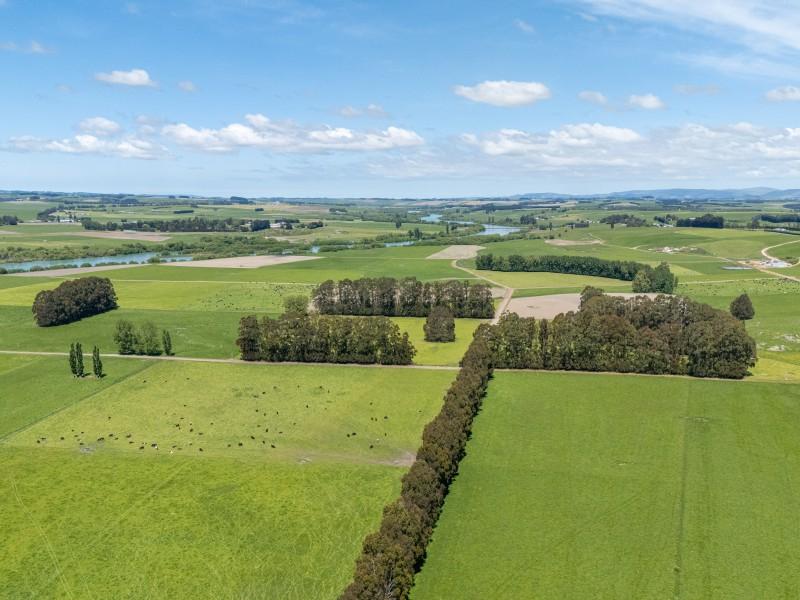New Central Otago river minimum flows could cost '$100m plus' - farmers
From reporter Debbie Jamieson:
Central Otago farmers say it could cost more than $100 million for the community to meet proposed minimum flows for the Manuherekia River.
The Otago Regional Council received a report this week that summarises recent hydrology and ecology work on the river and suggests setting a minimum flow of 2000 and 2500 litres per second.
The 85km river, which runs from the Maniototo to Alexandra, has a long history of water use for gold mining and irrigation with about 75% of its water currently taken – compared to about 25% in other regions of New Zealand.
In an effort to meet the Government’s National Policy Statement on Freshwater Management the council considered a plan to set a low flow of between 1200 and 3000 litres per second, in August 2021.
A bitter discussion followed, resulting in one councillor resigning, calls for the Environment Minister to replace councillors with commissioners, and a vote for more “science” to be undertaken.
Two years later, that work is complete, and the new report is on the table.
However, Matakanui Station owner and Manuherekia Catchment Group interim chairperson Andrew Paterson said the farming community was not happy with the recommended flow, which was double the 1100 litres per second suggested by farmers.
“We don’t disagree that there should be an increase in minimum flow. We just disagree on how high it should be.
“We all love the river. It’s the lifeblood of the valley. It keeps the valley and the communities pumping, and we don’t want to cut that off,” he said.
Reaching the proposed flow in summer would require use of water stored in the Falls Dam or community reservoirs, which could cost more than $100 million to build, he said.
That was a cost that should be met by the wider community as it extended beyond the interests of farmers, he said.
Farmers were suspicious that the council was attempting to make the science fit a figure and felt that the arguments were stacked against farmers, he said.
Between 400 and 500 farms, orchards and vineyards were reliant on the river and would continue to be involved in the process.
It had the potential to go to the Environment Court, Paterson said.
“The views of the farming community compared to the views of the community are poles apart. We could never come to an agreement.”
Councillor Alexa Forbes said receiving the report during a briefing on Tuesday felt like reaching a milestone after a long and bitter journey.
“The feeling around the table was so much more positive and workable than that dreadful day in August 2021 when we really found no common ground at all,” she said.
Draft recommendations would be developed and put before the council for noting in September, ahead of a public consultation period.
Best way to use leftovers?
I'm sure you've got some excess ham at home or cold roast potatoes.
What are some of your favourite ways to use leftover food from Christmas day? Share below.

⚠️ DOGS DIE IN HOT CARS. If you love them, don't leave them. ⚠️
It's a message we share time and time again, and this year, we're calling on you to help us spread that message further.
Did you know that calls to SPCA about dogs left inside hot cars made up a whopping 11% of all welfare calls last summer? This is a completely preventable issue, and one which is causing hundreds of dogs (often loved pets) to suffer.
Here are some quick facts to share with the dog owners in your life:
👉 The temperature inside a car can heat to over 50°C in less than 15 minutes.
👉 Parking in the shade and cracking windows does little to help on a warm day. Dogs rely on panting to keep cool, which they can't do in a hot car.
👉 This puts dogs at a high risk of heatstroke - a serious condition for dogs, with a mortality rate between 39%-50%.
👉 It is an offence under the Animal Welfare Act to leave a dog in a hot vehicle if they are showing signs of heat stress. You can be fined, and prosecuted.
SPCA has created downloadable resources to help you spread the message even further. Posters, a flyer, and a social media tile can be downloaded from our website here: www.spca.nz...
We encourage you to use these - and ask your local businesses to display the posters if they can. Flyers can be kept in your car and handed out as needed.
This is a community problem, and one we cannot solve alone. Help us to prevent more tragedies this summer by sharing this post.
On behalf of the animals - thank you ❤️











 Loading…
Loading…

























